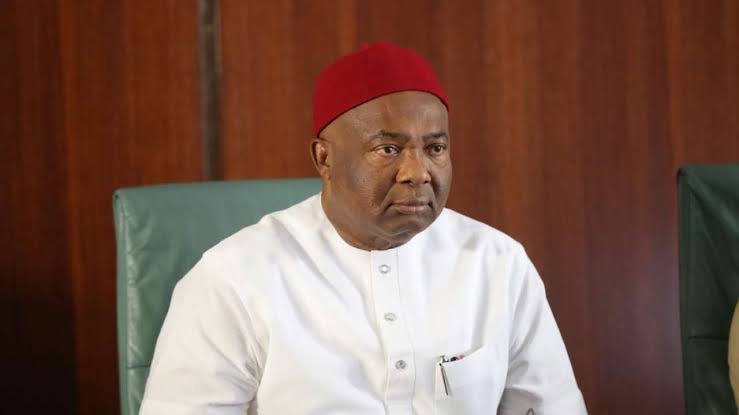A growing crisis has erupted across the 27 Local Government Areas (LGAs) of Imo State, as all 305 elected Councillors have accused their respective LGA Chairmen of deliberate neglect and financial abandonment.
Despite steady and increased funding from both federal and state governments, many Councillors claim they are struggling to perform their official duties due to a lack of support from the local government leadership.
The allegations have sparked public concern and renewed scrutiny of grassroots governance in the state. Councillors from LGAs such as Oru-East, Ikeduru, Oru-West, Okigwe, Owerri North, Ihitte-Uboma, Ngor-Okpala, and Owerri Municipal have reported worsening conditions, stating they cannot afford transportation to their council offices, let alone cover basic personal and administrative expenses.
This situation has raised serious questions about how local government funds are being disbursed and used. According to available financial records and public reports, Imo State has seen a substantial increase in monthly allocations under Governor Hope Uzodinma’s administration. In July 2024, the state reportedly received over ₦7.8 billion in local government funds, and that figure has surged to approximately ₦16.3 billion monthly by 2025.
Despite this influx of resources, many Councillors say they have not received any direct financial benefit or logistical support from their LGA Chairmen. Some allege that funds meant for legislative activities at the local level are either being hoarded or mismanaged. The disconnect between the available funding and the conditions faced by Councillors has triggered calls for transparency and accountability.
Several LGA Chairmen have denied the allegations, insisting that the Councillors are being adequately catered to. They argue that the growing complaints are rooted in political differences or internal power struggles within council bodies. Some Chairmen also claim that any delays or issues in disbursing funds are administrative in nature and not deliberate acts of neglect.
However, Councillors from multiple LGAs maintain that the neglect is systemic. Many say they have not been paid allowances for several months, nor have they received the tools or funds necessary to perform their oversight roles. This has severely hampered their ability to represent their wards and deliver on promises made to their constituents.
Stakeholders and civil society organizations are now demanding an independent audit of LGA finances across the state. They are calling for the publication of detailed monthly expenditure reports by each LGA Chairman, in order to clarify how allocations are being spent and why Councillors have been left without support.
The controversy comes at a time when Imo State is reportedly no longer relying on borrowing to pay salaries or fund capital projects, thanks to significantly increased federal allocations. Observers note that FAAC disbursements to the state have more than doubled in the past three years. This has placed added pressure on LGA administrations to demonstrate fiscal responsibility and transparency.
Analysts warn that the continued neglect of Councillors poses a threat to the effectiveness of local government in Imo. As elected officials tasked with legislative functions at the grassroots, Councillors play a vital role in community development, oversight, and the passage of local laws. If their welfare and operational needs remain unaddressed, it could undermine governance at the lowest tier and disrupt development programs intended to benefit ordinary citizens.
The Imo State Government has not yet issued an official statement on the matter. However, political commentators suggest that if swift action is not taken to investigate and resolve the grievances, the situation could escalate into a larger political standoff and further erode public confidence in local governance structures.
Calls are growing for Governor Uzodinma to intervene and ensure accountability at the LGA level. As pressure mounts, both elected Chairmen and state officials may soon be compelled to respond more transparently to the concerns of the Councillors and the communities they represent.





